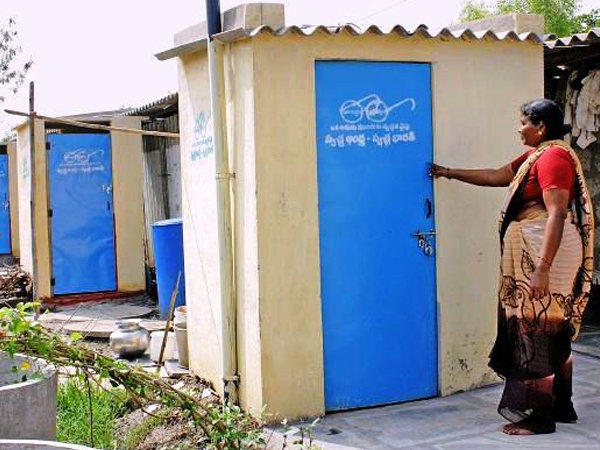BORMI, Bangladesh: Answering nature’s call was once a nightmare for Rashida Begum, who had to creep around the jungle for a suitably private spot. Her home had no toilet, like the thousands of others in her crowded cluster of farming villages outside the capital.
In just over a decade, that’s all changed, in her neighborhood and many others.

Through a dogged campaign to build toilets and educate Bangladeshis about the dangers of open defecation, the densely populated South Asian nation has managed to reduce the number of people who defecate in the open to just 1 percent of the 166 million population, according to the government — down from 42 percent in 2003.
“Once it was our habit to go to the fields or jungles. Now, it is shameful to us,” Begum said in Bormi, a cluster of poor farming villages just outside Dhaka, the capital. “Even our children do not defecate openly anymore. We do not need to ask them; they do it on their own.”
Bangladesh’s success in sanitation — something so far unattained by its wealthier neighbor to the south, India — came from a dogged campaign supported by 25 percent of the country’s overall development budget.
(Sourced from agencies, Feature image courtesy:newsbharti.com)
























